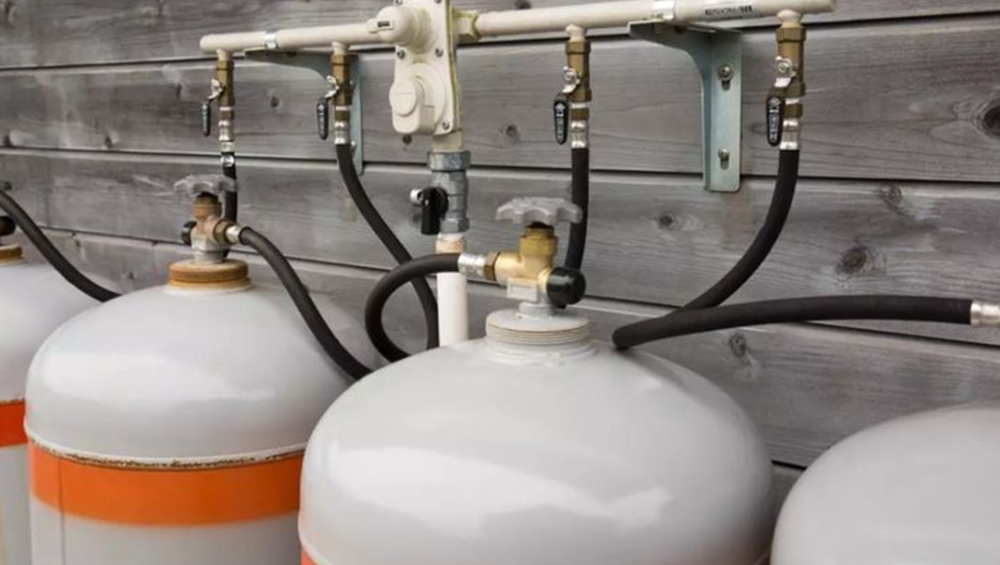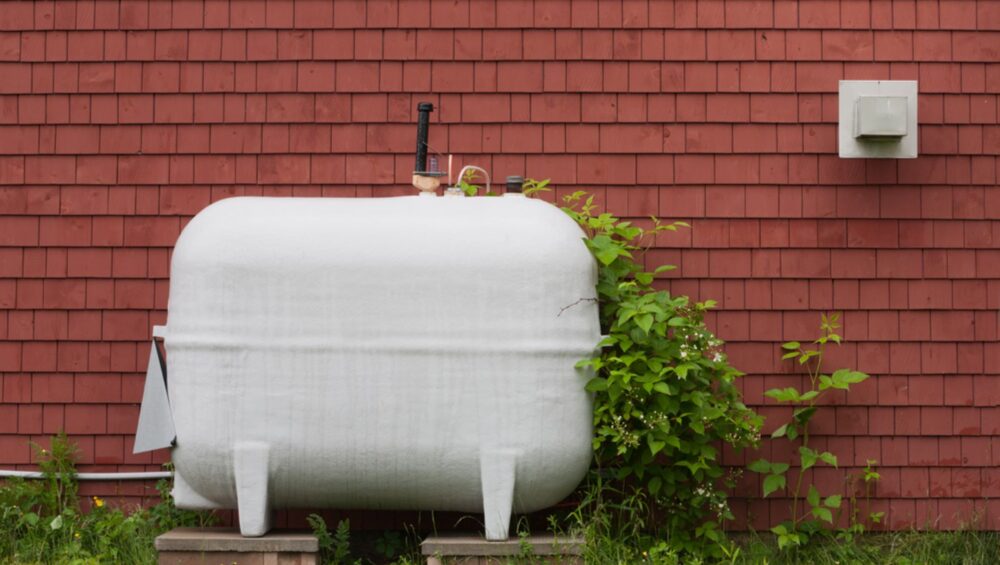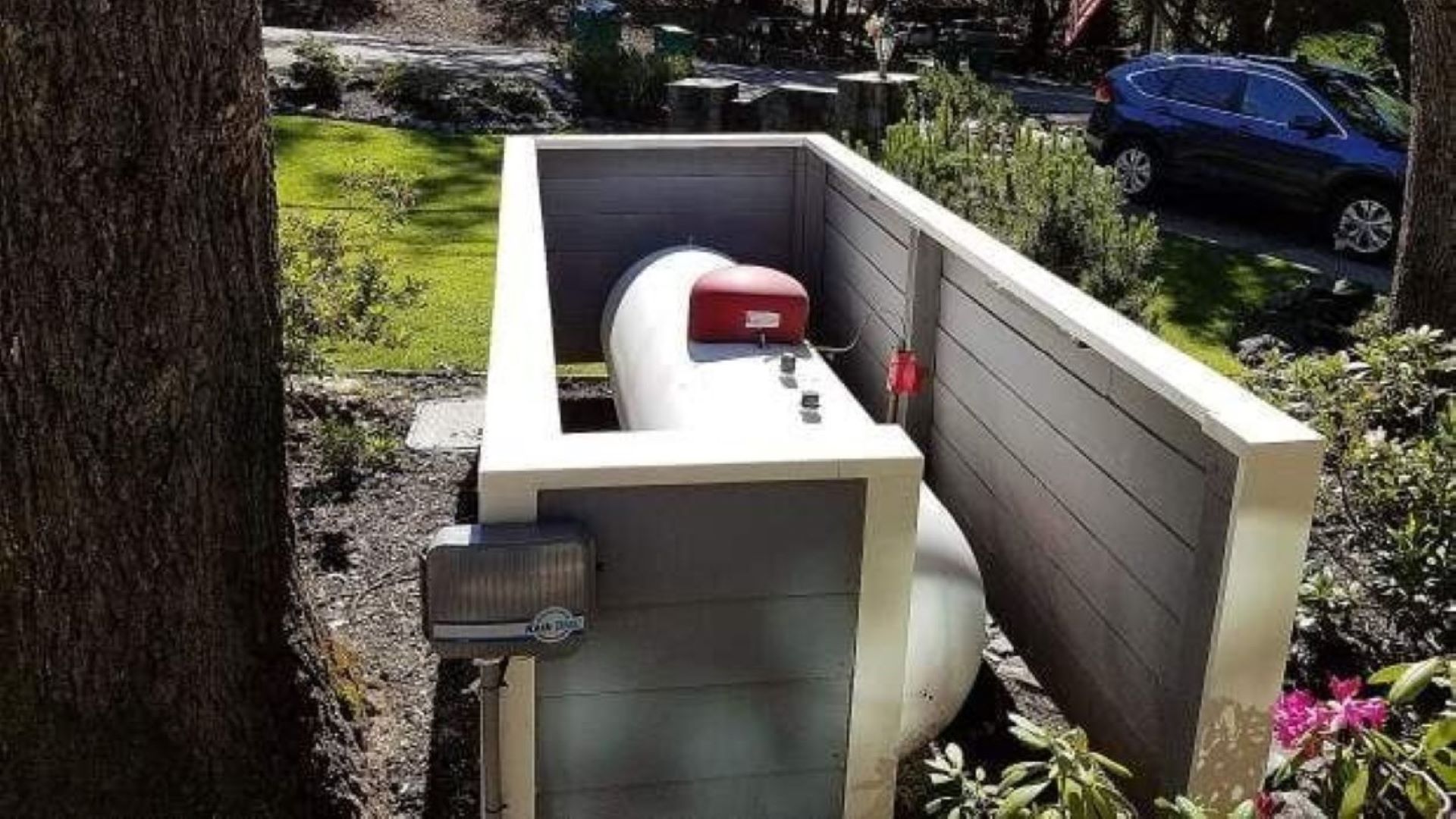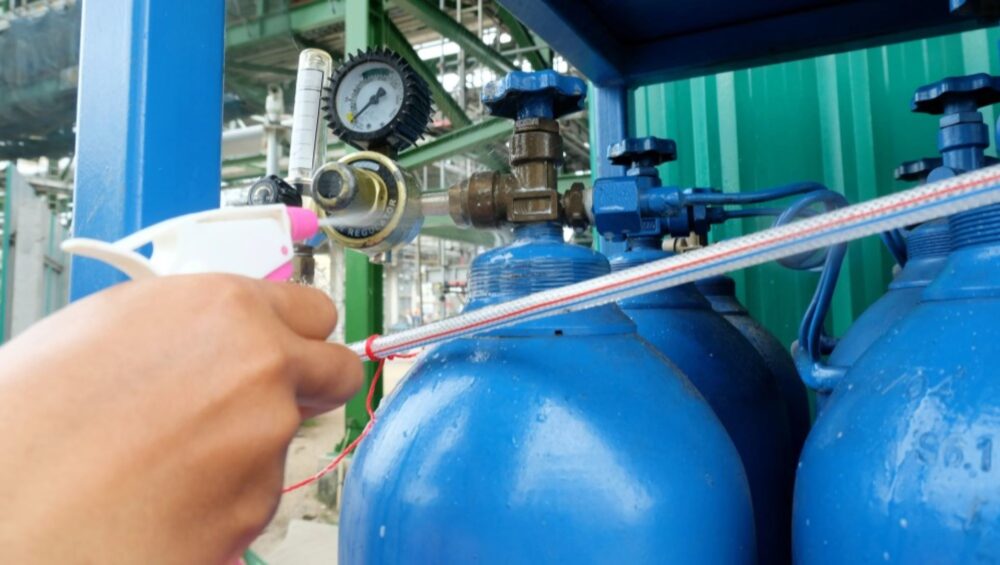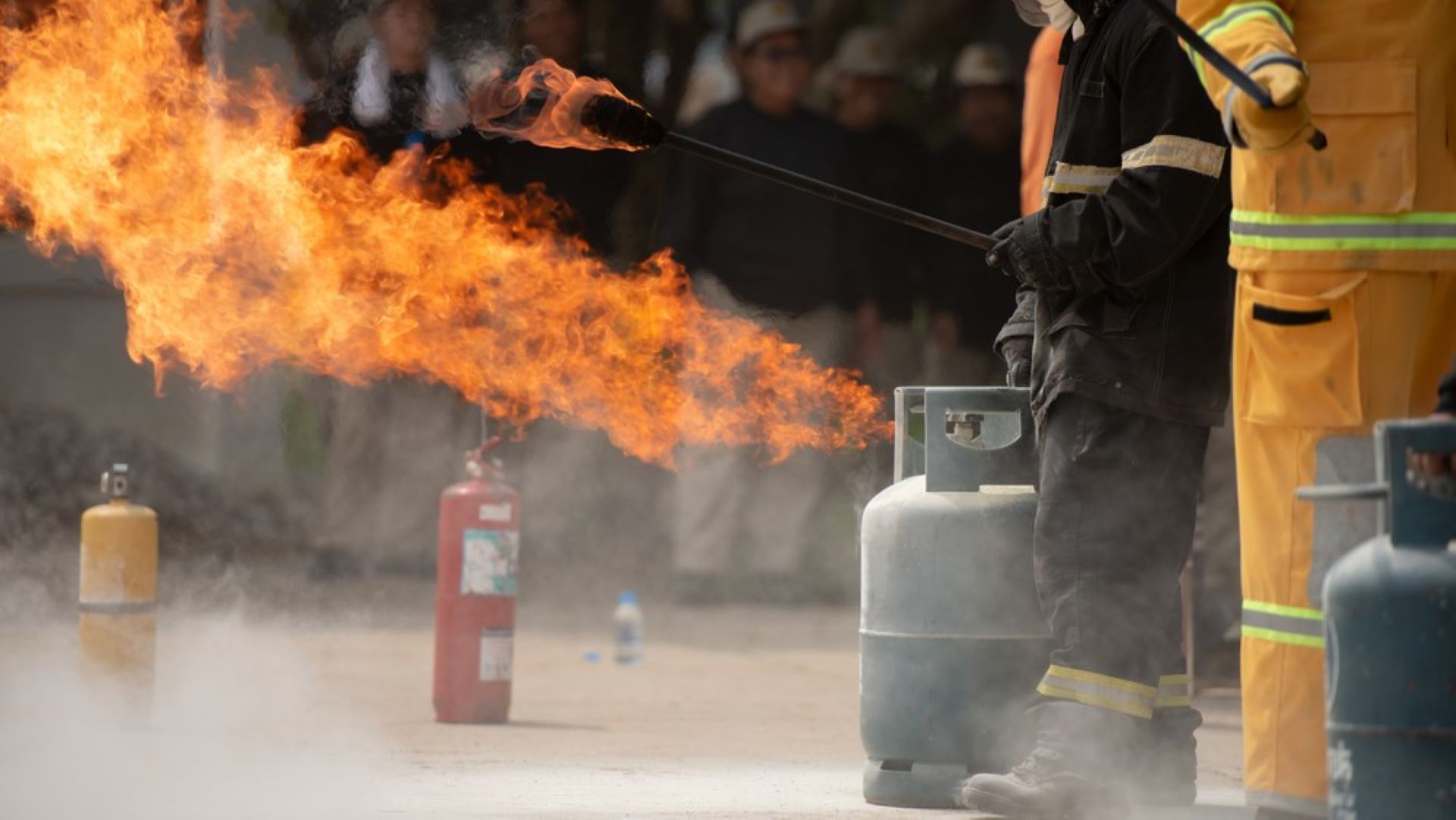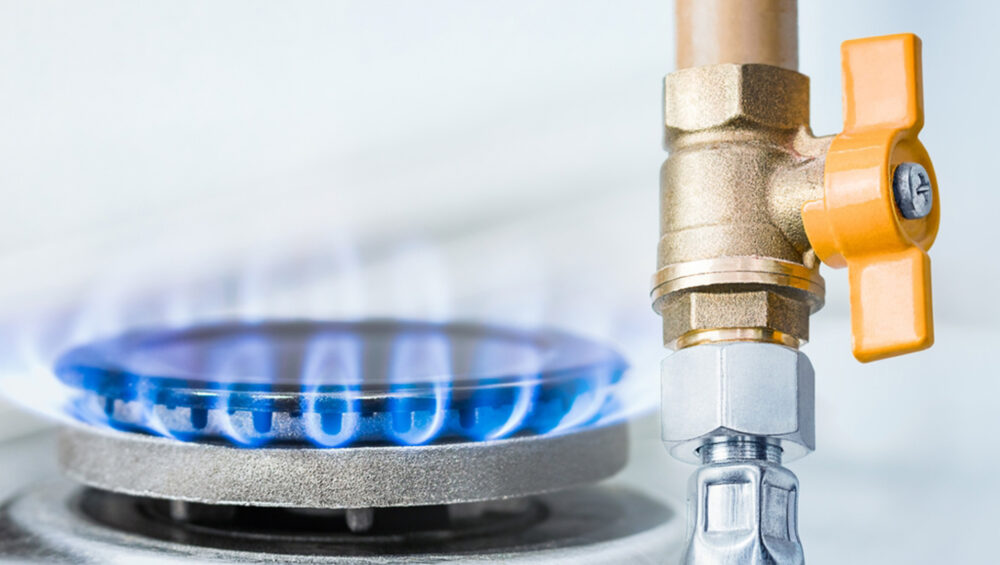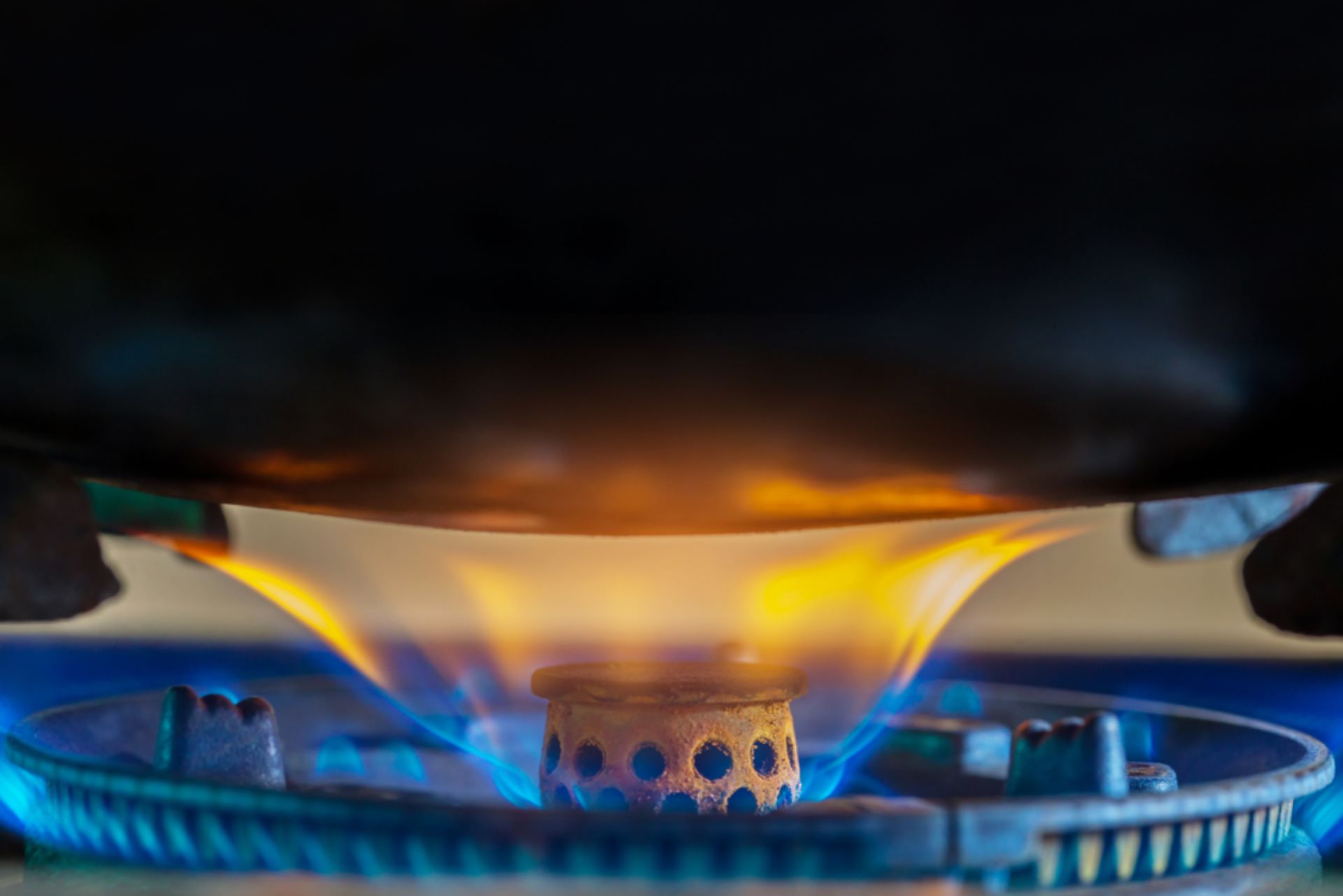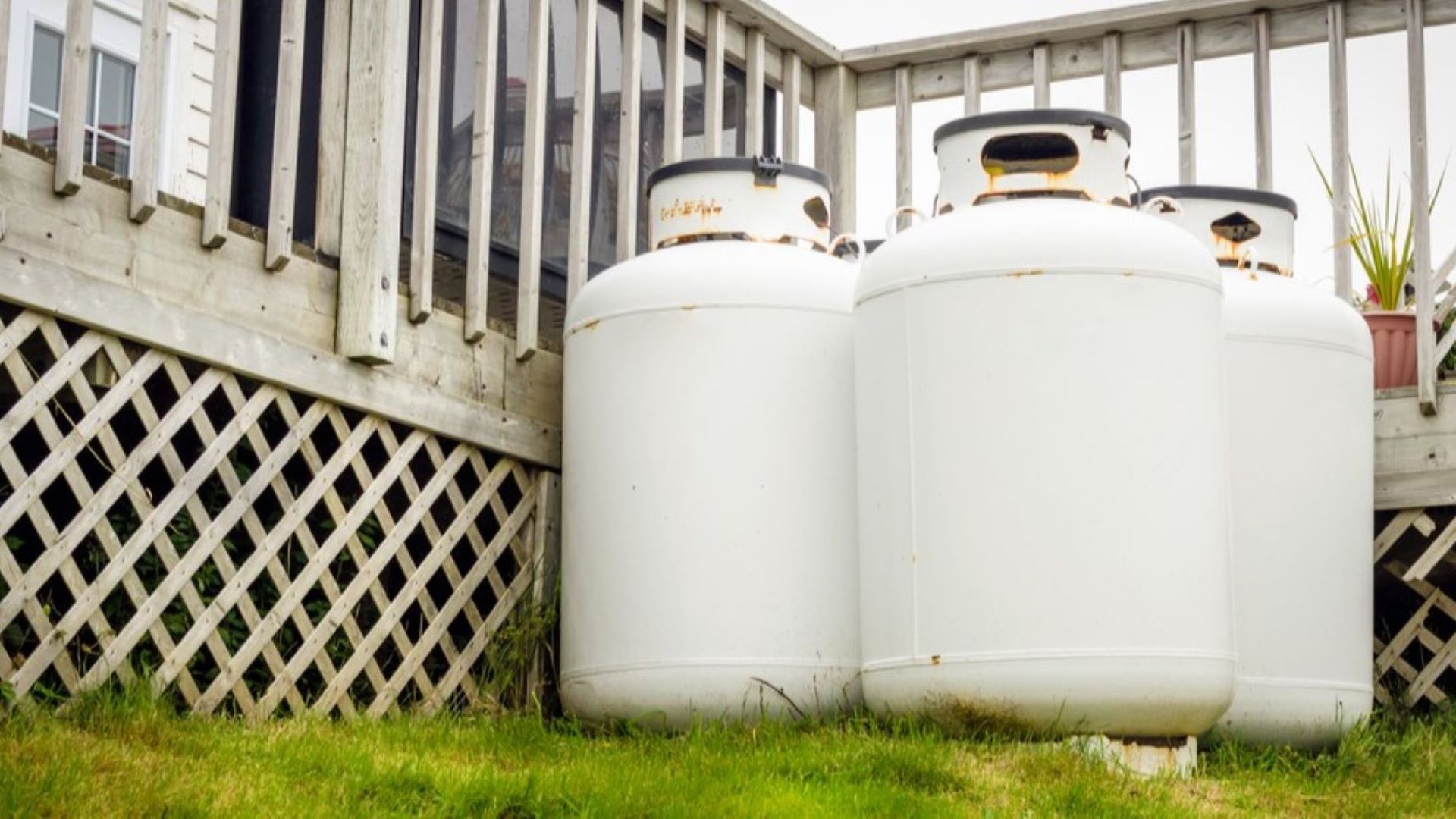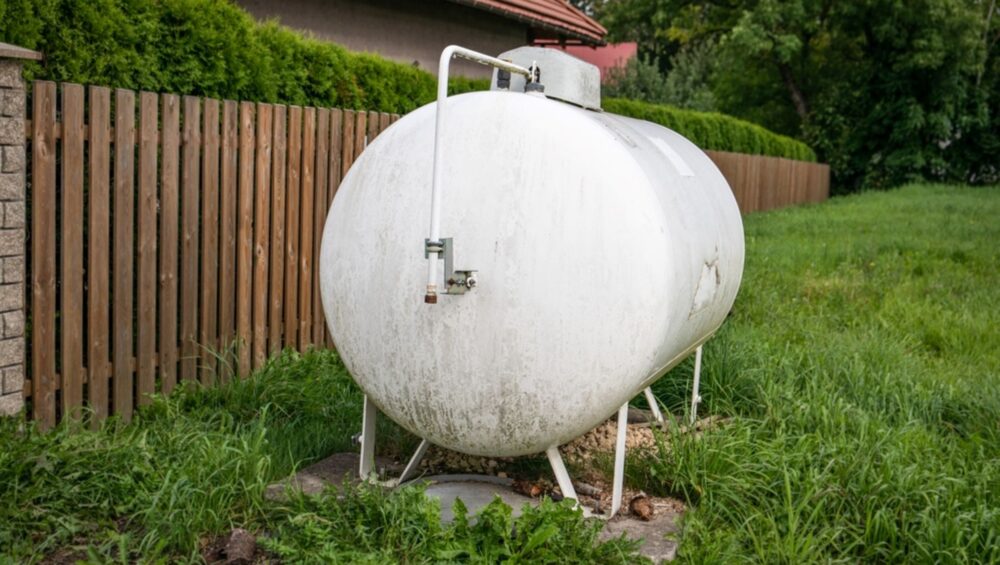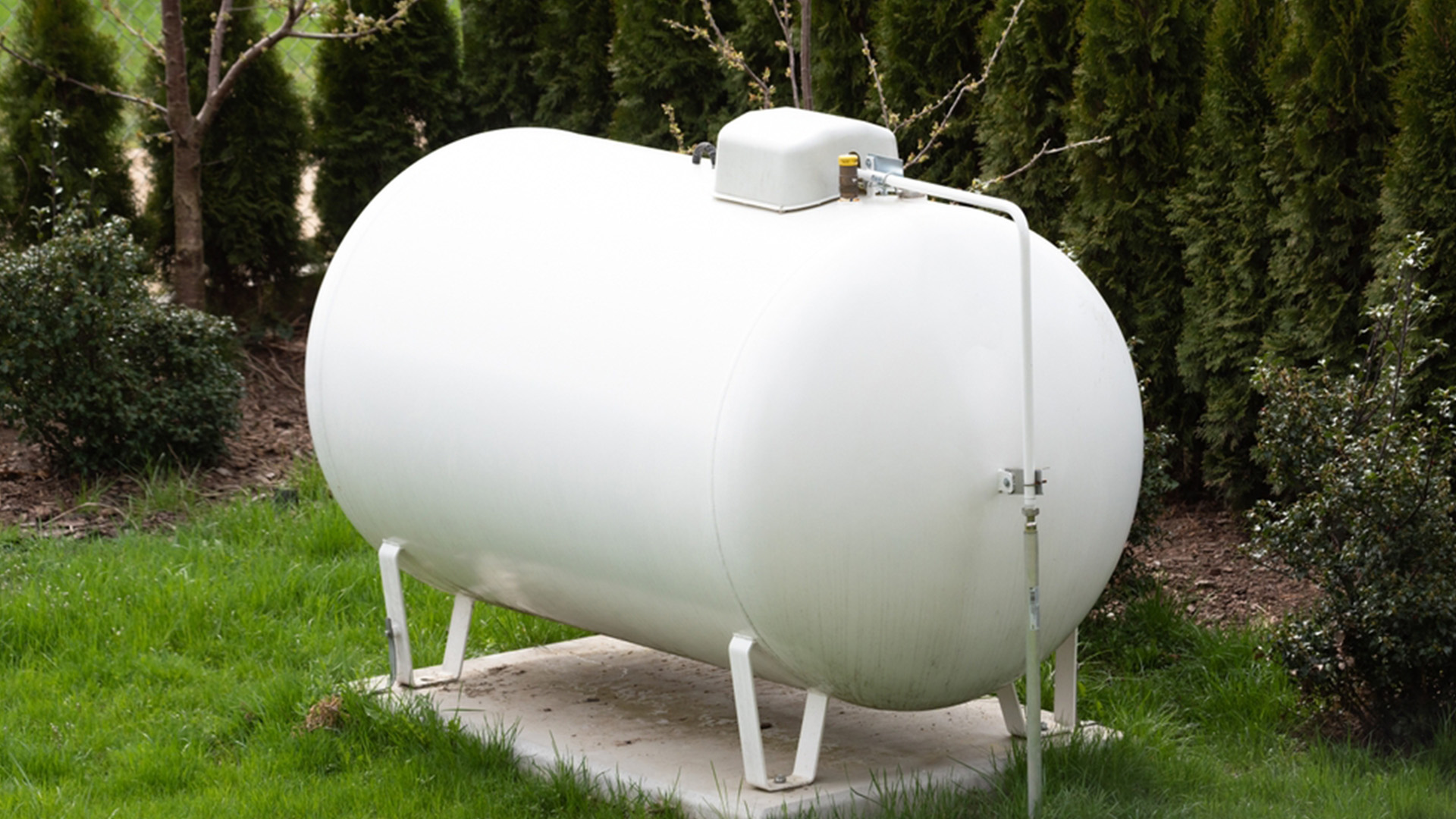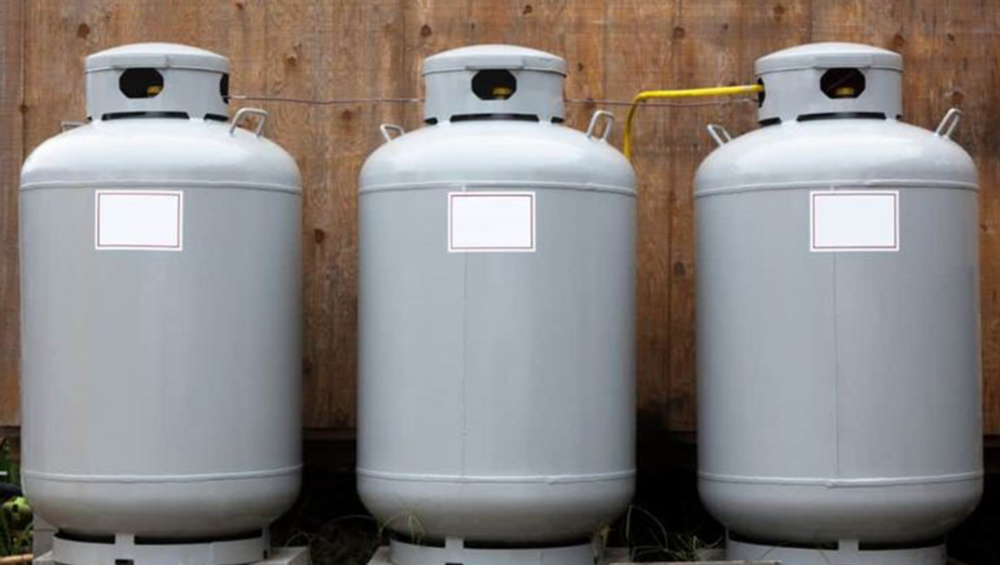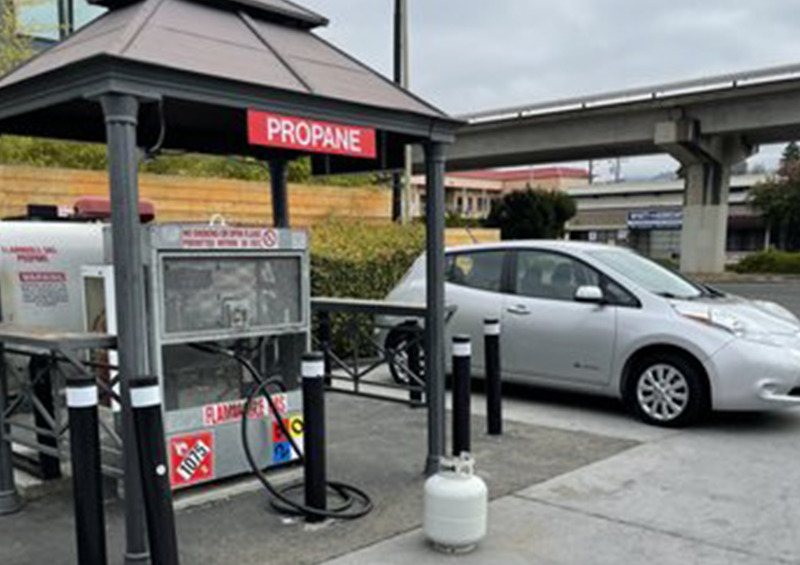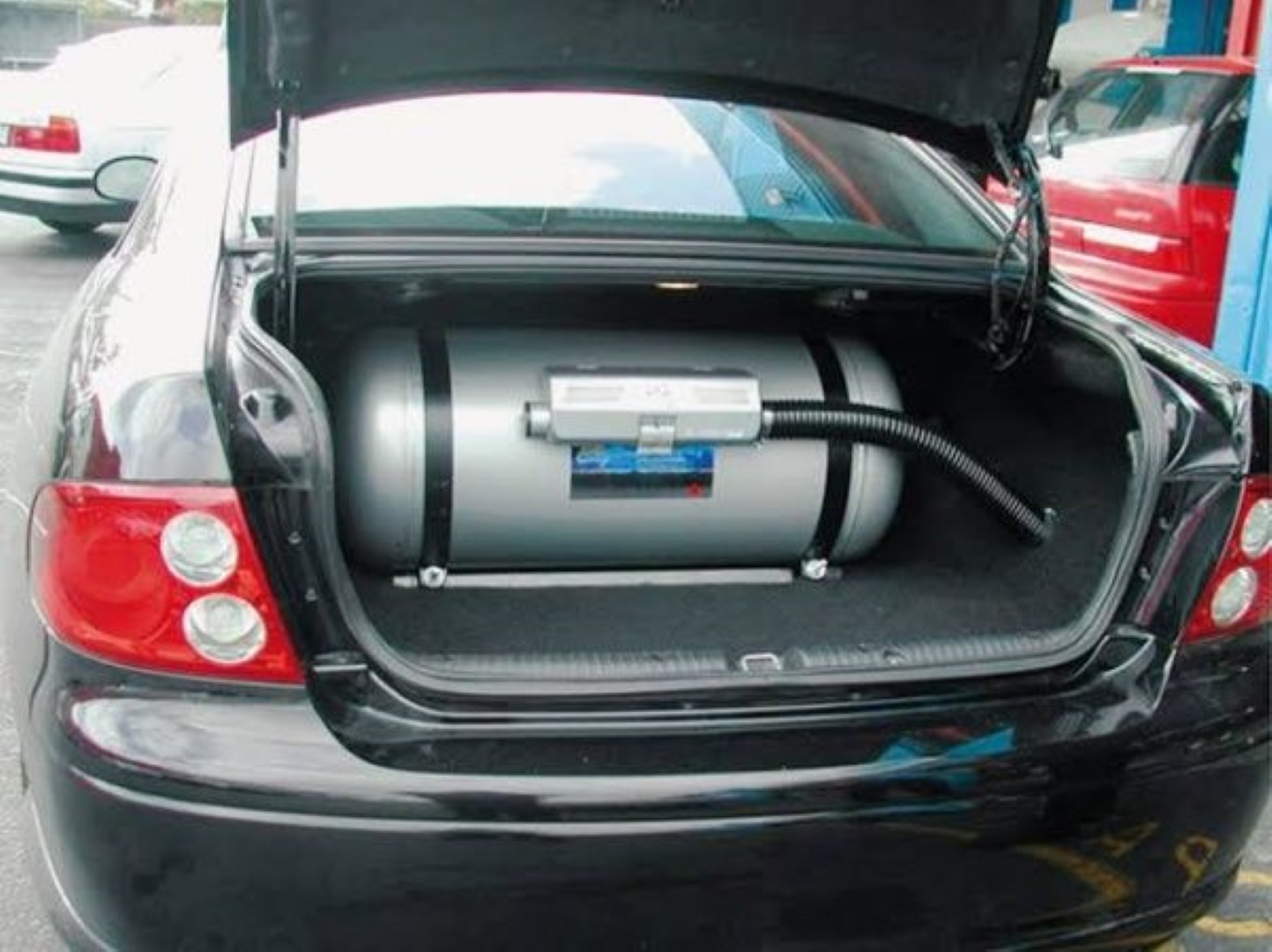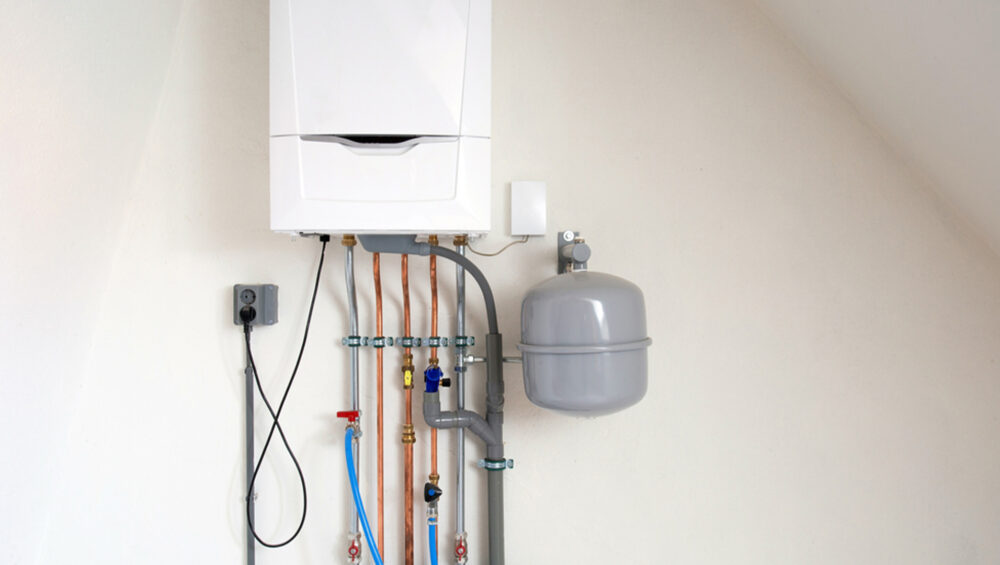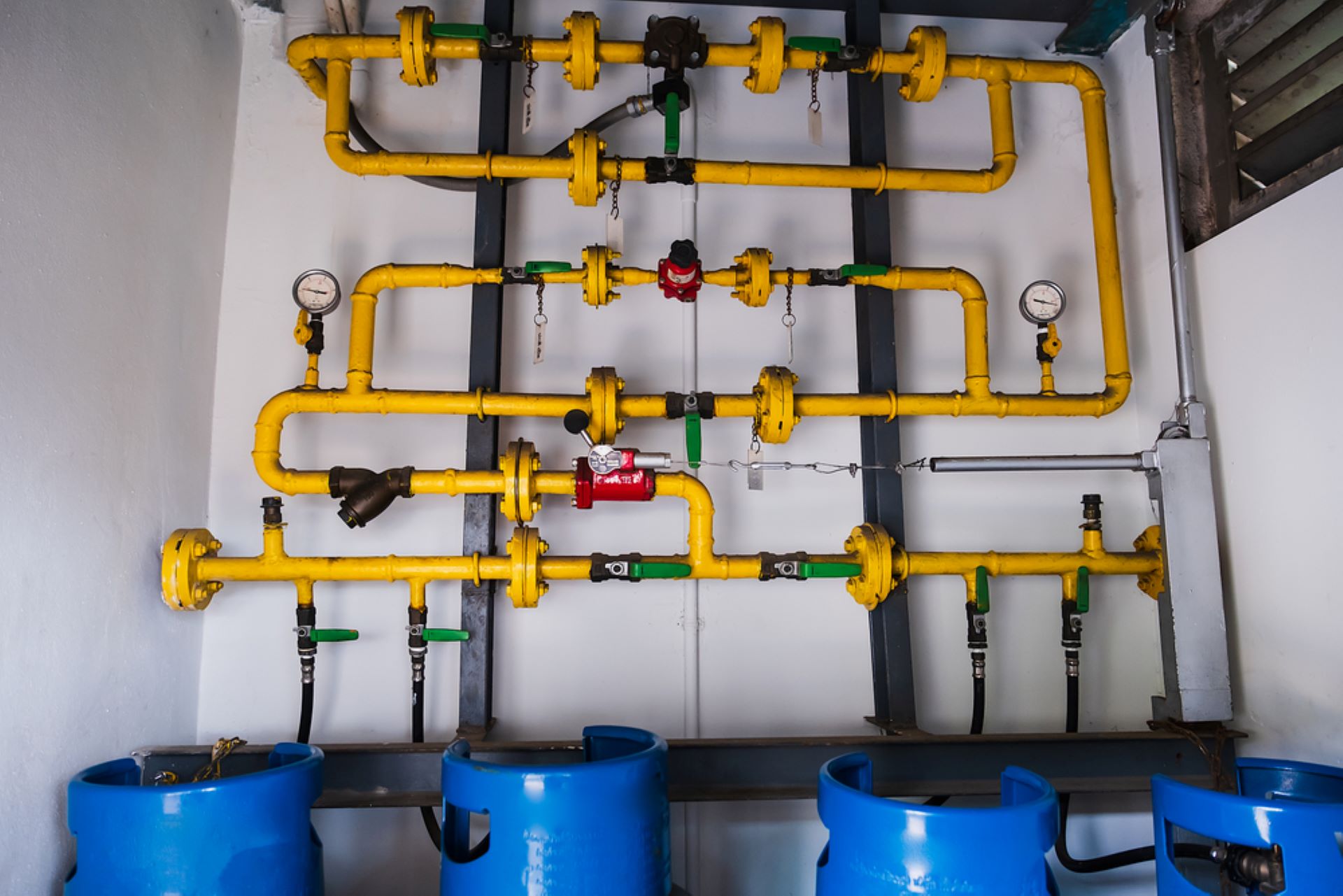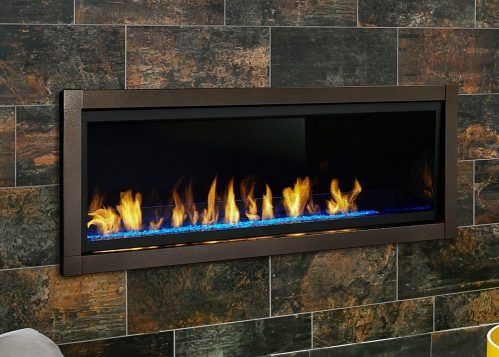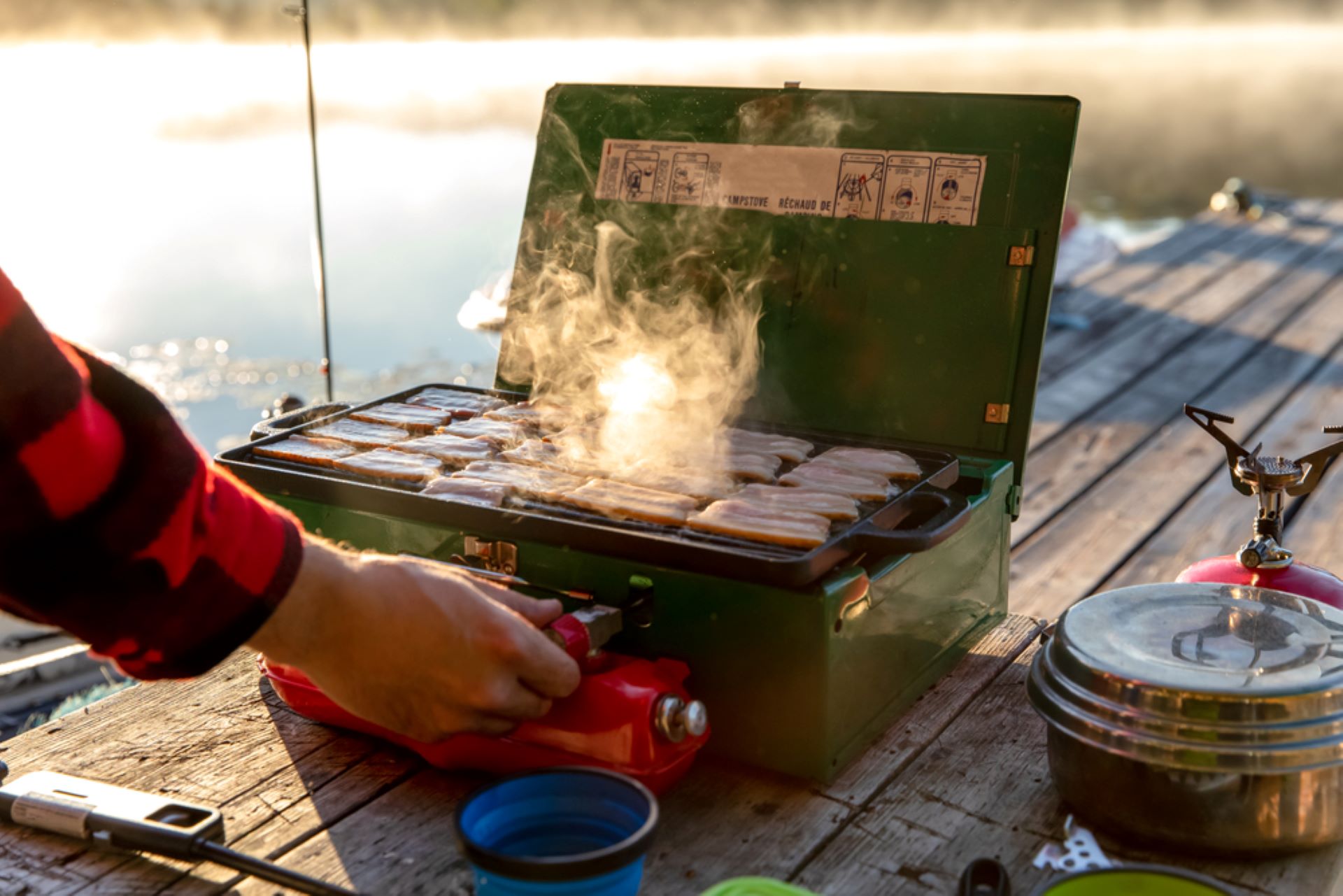Ever stared at your backyard and thought, “I could save so much energy and money if I just installed a propane tank myself”? You’re not alone! Many homeowners are tempted to take on this challenge, but before you grab your toolbox, let’s explore the pros, cons, and some safer energy-saving alternatives.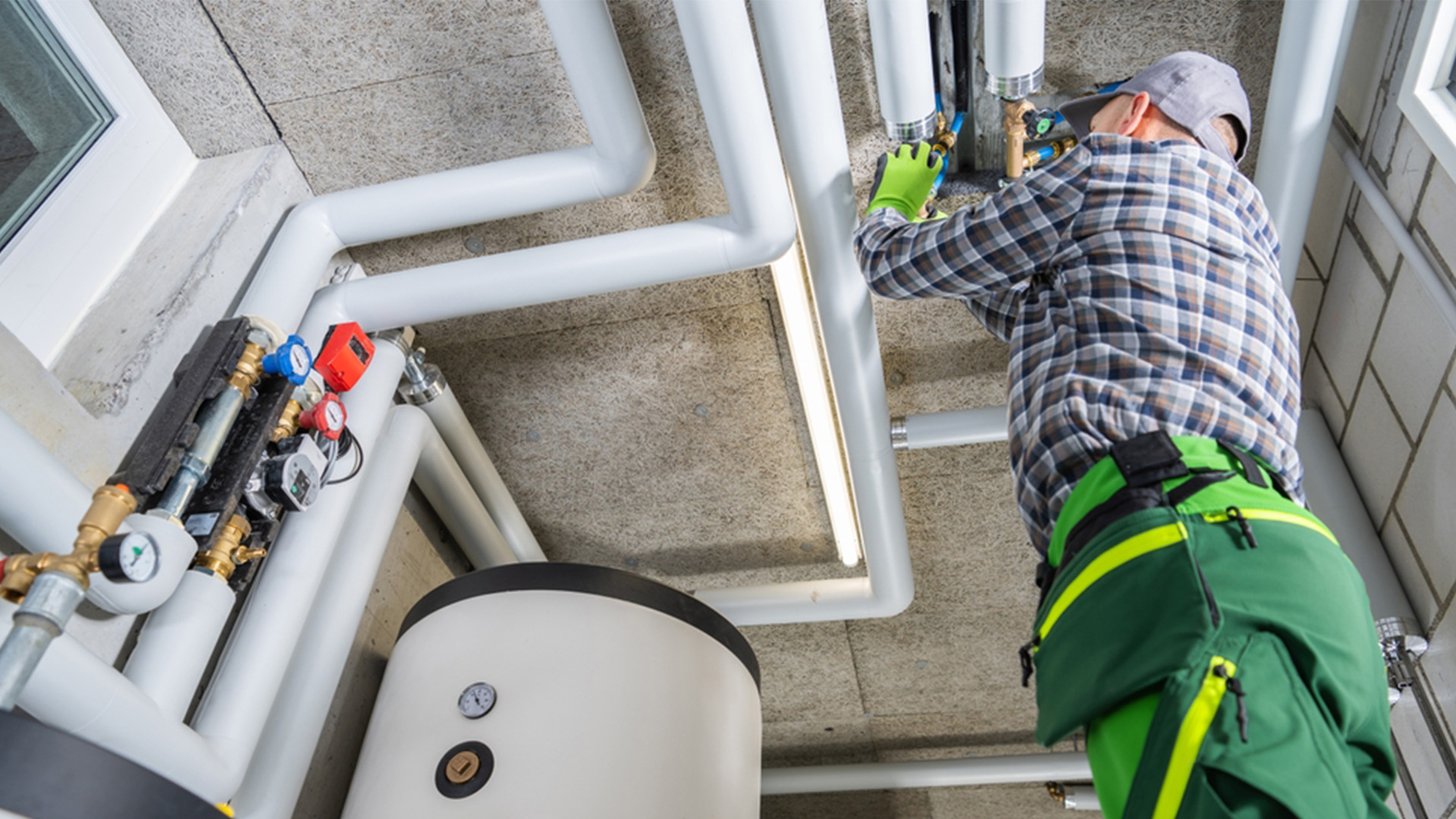
Is It Possible to Install a Propane Tank Yourself?
The quick response? Yes, in theory. Must you? Most likely not. It takes more than just setting up a cylinder in your lawn to install a gas tank. It calls for meticulous preparation, observance of safety regulations, and occasionally even permissions.
This is why it is challenging:
- Safety Issues: Propane burns very easily. One installation error could result in explosives or hazardous leaks.
- Regulations: Propane installation is subject to stringent regulations in the majority of locations. You could be subject to heavy fines if you are not properly certified.
- Specialized Equipment: It takes more than just plugging in a garden hose to properly secure the tank and set up ventilation.
Speak with a propane supplier rather than taking on a dangerous do-it-yourself endeavor. They will guarantee that the installation is carried out securely and in accordance with regional laws.
Energy-Saving Alternatives Beyond Propane
Here are four additional strategies to reduce your energy costs and bills if propane is not your primary concern:
- Close the Gaps
Sneaky energy thieves are drafts. Look for openings in the walls, doors, and windows as you go around your house. A quick weatherstrip or caulk job can have a big impact.
- Make the switch to LED lighting
The energy consumption of LED bulbs is substantially lower than that of conventional bulbs. They also last longer, so you will need to visit the hardware shop less frequently.
- Improve Your Insulation
Your house stays cool in the summer and warm in the winter with proper insulation. By lowering your dependency on heating and cooling systems, it is a long-term investment that pays dividends.
- Set up an intelligent thermostat
Without you ever realizing it, a smart thermostat saves energy by learning your preferences and modifying the temperature accordingly. Together with propane’s efficiency, these suggestions can turn your house into a veritable energy-saving paradise.
Maintaining Your Propane Setup
Maintenance is essential once your propane system is installed. Frequent inspections can keep your tank operating at its peak efficiency and stop leaks. To make sure your supply is always topped off, look for nearby propane refill locations.
“Where can I locate propane tank delivery near me?” is a question that many people have. The good news is that the majority of LP gas companies in my area provide convenient doorstep propane delivery. Even the heavy lifting will be done by them, saving you the trouble.
Budget-Friendly Tips for Propane Users
Here are some wise suggestions if expenses are a concern for you:
Compare Prices: To locate the greatest propane discounts, look for the least expensive lpg gas in your area.
Keep an eye on usage: Filling your tank too full can result in waste. Refilling your gas cylinder should only be scheduled when absolutely required.
Purchase in Bulk: Better prices per unit are sometimes associated with larger tanks.
Off-Season Discounts: During off-peak times, a lot of providers run deals.
Why Professional Installation is Worth It
Yes, you may try installing a gas tank yourself and save some money. But are the possible hazards worth it? Professional installation guarantees piece of mind, safety, and compliance. Additionally, a lot of vendors provide package discounts that cover propane delivery, tank maintenance, and installation.
If you are still adamant on doing it yourself, be sure to:
- Carefully read the manufacturer’s instructions.
- Check the construction codes in your area.
- Make use of the appropriate instruments and safety gear.
But really? The wiser course of action is to call an expert.
Conclusion
So, is it possible to install a propane tank on your own? Yes, in theory. But it is advisable to leave this work to the professionals because of the safety hazards, legal obstacles, and technological know-how needed. Rather, concentrate on energy-saving techniques and identifying the best propane supplier for your requirements.

